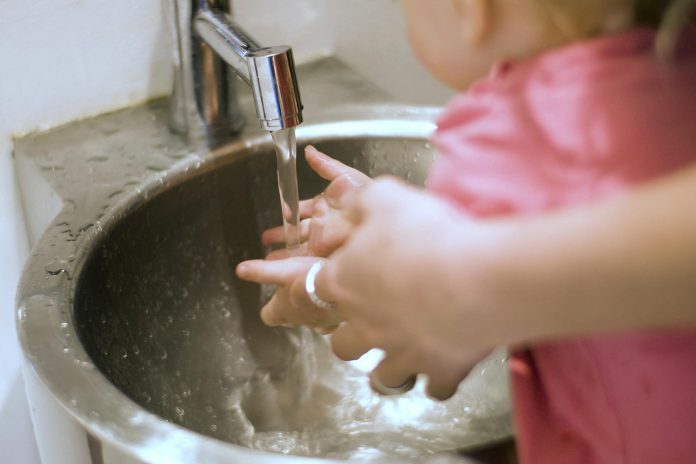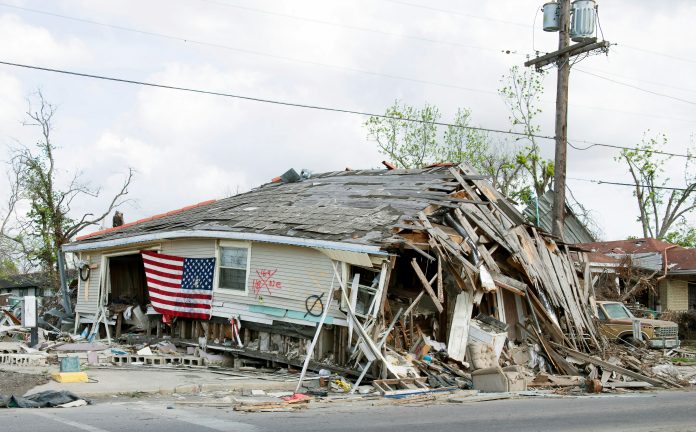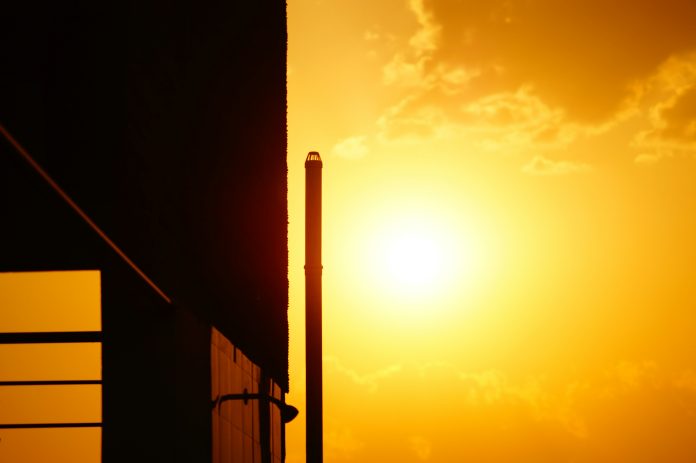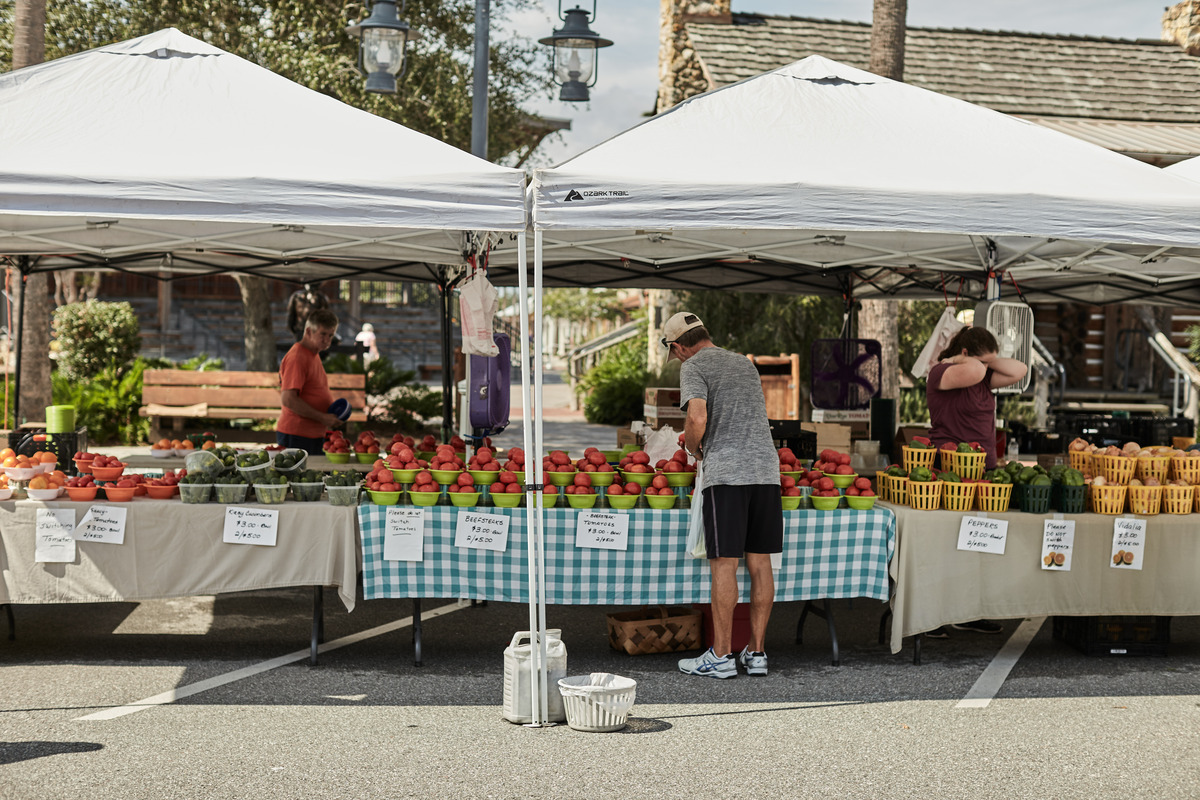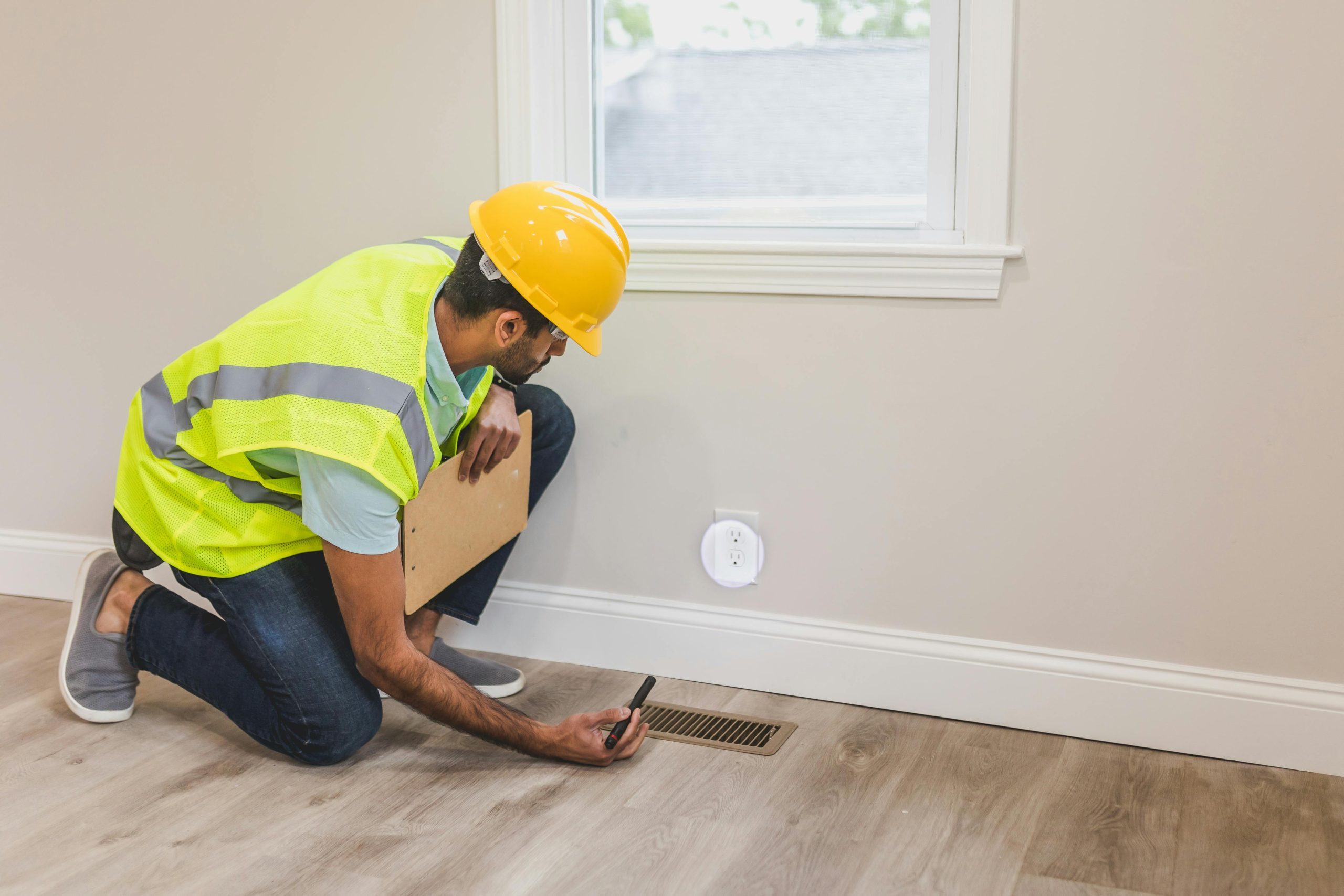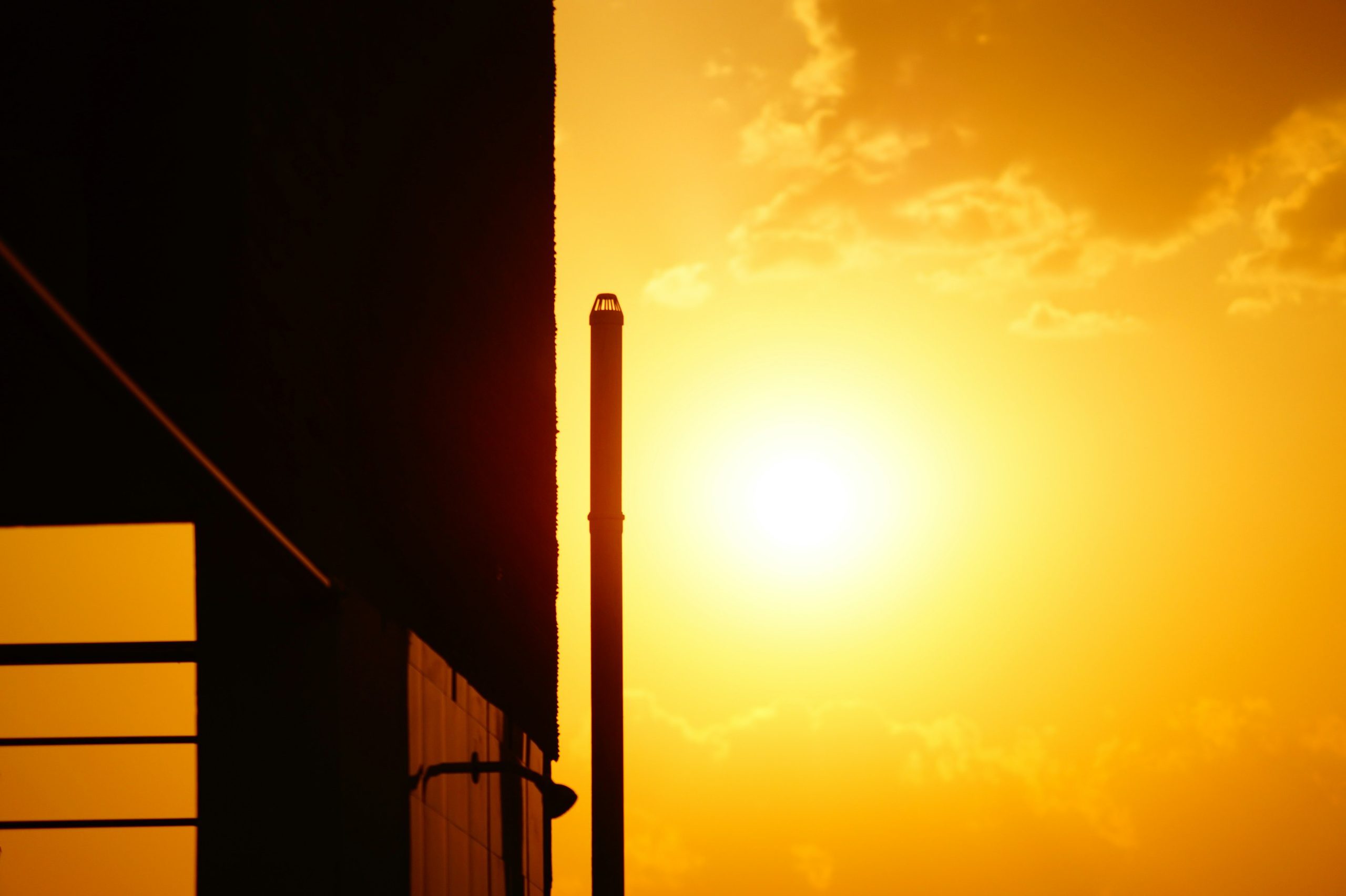June to November each year marks hurricane season. You already know it’s coming, so now is the best time to ensure you and your home are ready for any forecast.
The Impact of Hurricanes
Hurricanes are a regular occurrence, hence the term “hurricane season.” According to the U.S. Environmental Protection Agency, around six to seven hurricanes form during the Atlantic hurricane season. In 2024, the U.S. saw five hurricanes.
Two of them — Hurricanes Helene and Milton — were the costliest natural disasters that year. Hurricane Helene was the worst, killing 219 people and leaving $79.6 billion worth of damages in its wake. People are still recovering from the aftermath, but experts from Colorado State University expect 17 storms to form during hurricane season in 2025, with nine potentially turning into hurricanes.
In recent years, natural disasters have occurred left and right. These storms will come, and preparing is the best thing you can do to keep yourself and your loved ones safe.
6 Tips to Prepare Your Home for Hurricane Season
The best time to prepare for a hurricane is before the season begins. While planning for one can cost a lot, you can stagger your preparations to make them easier on your pocket and your schedule.
1. Understand Your Location
Hurricanes impact places in different ways. For example, coastal towns might have a higher risk of storm surges, while low-lying areas could be more prone to flooding. The level of risk you can expect will depend on where you live.
Visit weather archives to see which hurricanes have passed your area. The National Oceanic and Atmospheric Administration (NOAA) has excellent resources for this step. It has an interactive map of hurricane tracks using over 150 years of historical data.
NOAA’s National Hurricane Center also has a decades-long archive of weather reports and advisories. This information can show patterns to help you better understand your location and the precautions you must take.
2. Conduct an Inspection

After understanding your city or state, you can get more specific and assess your home. A thorough inspection lets you identify weak points that might leave you vulnerable if a hurricane occurs.
Here are some key areas you might want to check:
- Roofs
- Doors and windows
- Exterior walls
- Drains and spouts
3. Secure Your Home
Once you’ve found your house’s weak points, it’s time to address them. If your roof has any loose shingles, replace or repair them. Strong winds could easily blow them away and damage the rest of your roof. Check your gutters, too, and make sure they are free from clogs and debris.
Hurricane or storm shutters are a worthwhile investment for homes that protect your doors and windows from rain and strong winds. They are also reusable — you can install them during hurricane season and put them into storage when you don’t need them. Sandbag barriers can also protect your interiors from flooding.
4. Maintain Your Outdoor Spaces
Look at the trees or large shrubs on or surrounding your property. If you find any weak branches or trunks, prune the tree or cut it down. It’s best to do this before hurricane season so you have the time to get the necessary permits, which vary depending on your state.
When your city issues a hurricane warning, take all outdoor furniture, plants or decorations inside. If your stuff is too big or heavy — such as playground equipment or cooktops — use weights or heavy-duty straps to anchor them to the ground.
5. Make a Plan
Before hurricane season comes, create a plan and share it with your household to ensure everybody knows what to do. First, know where you’ll go if the government orders an evacuation. You might want to stay out of town with a friend or relative, book a hotel, or stay in a local evacuation shelter. The American Red Cross has a handy map of available shelters for emergencies or disasters. Whichever option you choose, identify and memorize potential routes to get there easily when you need to.
If you have pets, include them in your plans. Go for shelters that allow pets, or find a pet hotel or sanctuary that can take your furry friends in while the storm passes. If you can wait out the storm without leaving the house, ensure you have enough supplies to sustain everyone and treat potential injuries or ailments.
6. Build an Emergency Kit

A well-stocked emergency kit can keep your family safe and healthy during and after a hurricane, which could leave you stranded and without power or transportation. Here are some essential supplies to get you started:
- A list of emergency phone numbers
- Food and water
- Medicine like maintenance meds, cough and cold medications, antihistamines, painkillers, and more
- Medical supplies like bandages, disinfectant and more
- Emergency power sources or battery packs
- Important documents like passports, birth certificates, medical documents, wills and more
Weather the Storm and Prepare for Hurricane Season
You might not be able to stop a hurricane from coming, but you can plan your way to increase your chances of safety. Understanding your situation and risks before hurricane season arrives allows you to make better arrangements to ensure your health, survival, and comfort during and after the storm.

